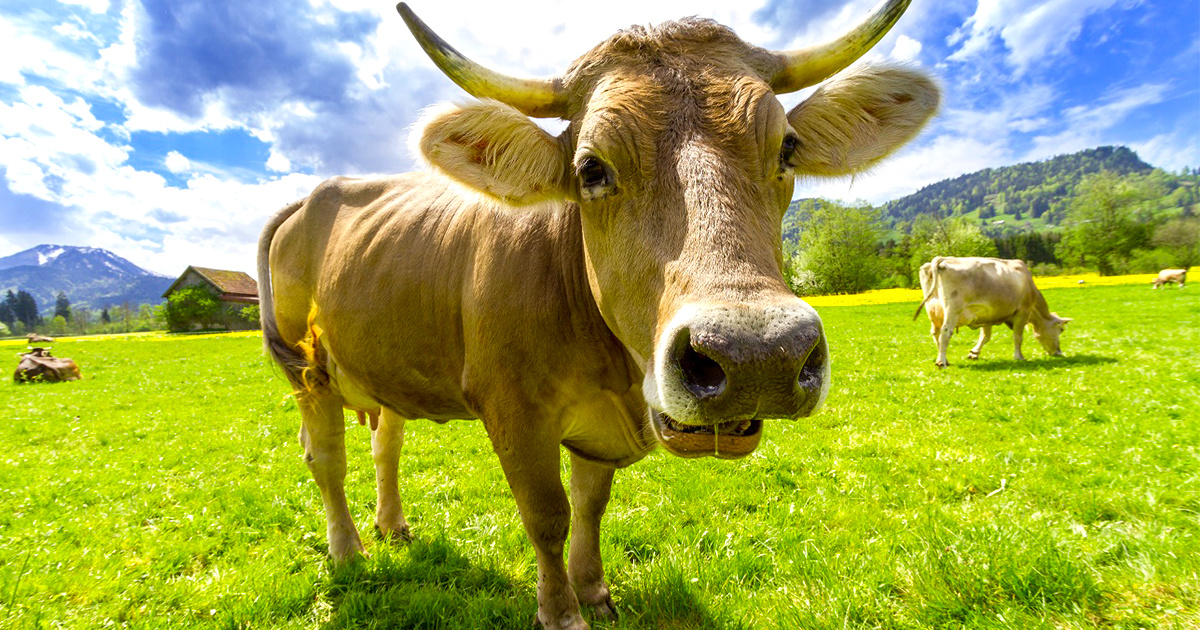

Pexels
Actual global methane emissions from livestock are much higher than previous estimates and could help account for the dramatic upswing in methane emissions over recent years, according to new research.
A study published last week in the journal Carbon Balance and Management updated measures used to calculate livestock methane emissions, finding that emissions in 2011 were 11 percent higher than their projected IPCC estimates.
Global methane emissions began to surge in 2007 after flattening in the early 2000s. Livestock is “not the biggest contributor to the annual methane budget in the atmosphere,” lead author Julie Wolf told the Washington Post, “but it may be the biggest contributor to increases in the atmospheric budget over recent years.”
Meeting Paris Goals Means Dealing with Climate Impacts of Eating Meat https://t.co/ll5ymjHzuy @Climate_Rescue @ZeroCarbonWorld
— EcoWatch (@EcoWatch) September 2, 2017
As reported by AFP:
“Methane accounted for about 16% of global greenhouse gas emissions in 2015, according to the IPCC.
Carbon dioxide—produced mainly by the burning of fossil fuels—accounts for more than three-quarters of planet-warming emissions.
‘As our diets become more meat- and dairy-rich, so the hidden climate cost of our food tends to mount up,’ said professor Dave Reay from the University of Edinburgh reacting to the study.
‘Cows belching less methane may not be as eye-catching as wind turbines and solar panels, but they are just as vital for addressing climate change.’
For a deeper dive:
For more climate change and clean energy news, you can follow Climate Nexus on Twitter and Facebook, and sign up for daily Hot News.

 233k
233k  41k
41k  Subscribe
Subscribe 